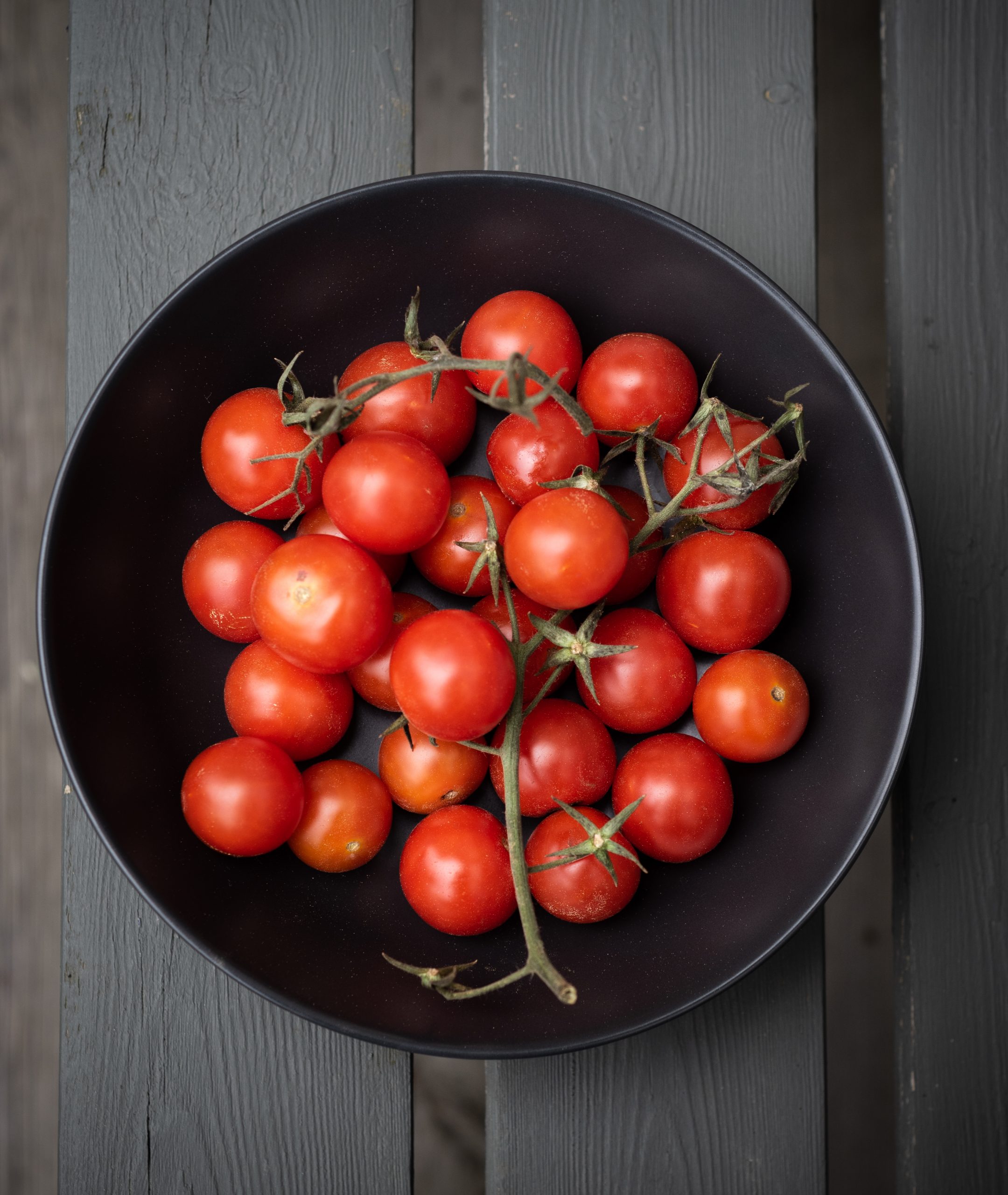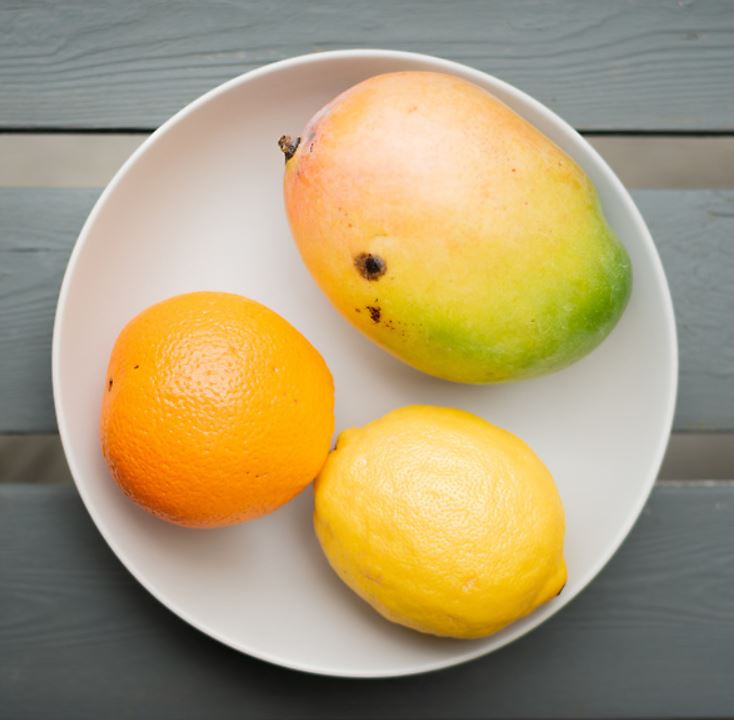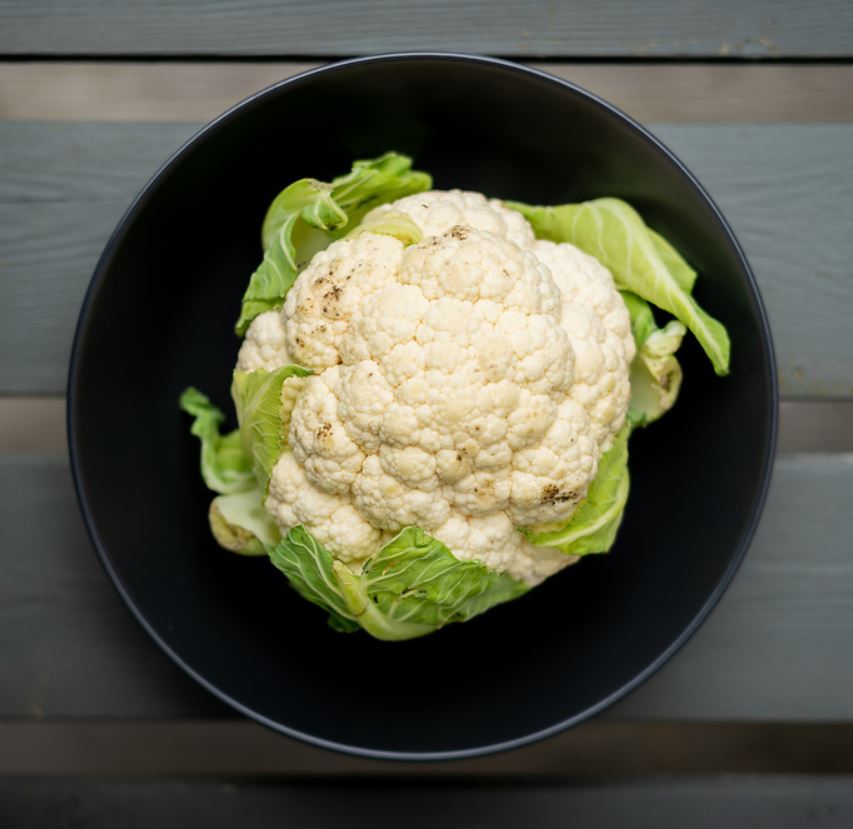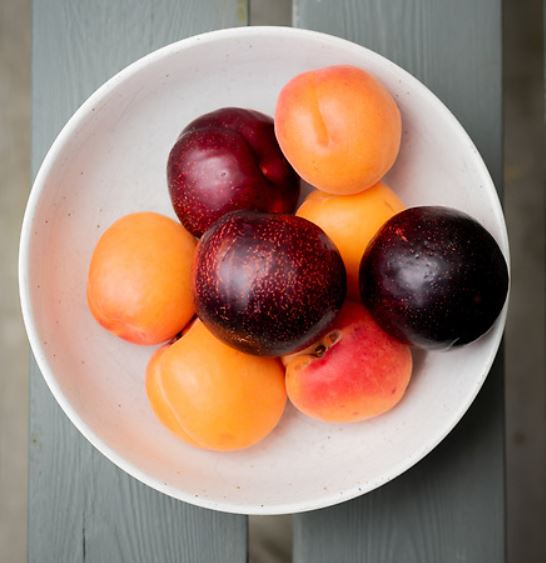How does food contribute to global warming?
1. Fossil fuels
These big contributors to climate change are used to transport food around the world, to power farm machinery and make fertilizer.
2. Deforestation
This is a hot topic in terms of heating up the planet. When trees are cut down, their surplus carbon is released as carbon dioxide into the atmosphere.
3. Toxic belching
Methane is a potent greenhouse gas burped up by cows, sheep, and goats. Animal manure is another big methane source.
Source: IPPC, Intergovernmental Panel on Climate Change
“Without action, the world risks failing to meet the UN Sustainable Development Goals (SDGs) and the Paris Agreement, and today’s children will inherit a planet that has been severely degraded and where much of the population will increasingly suffer from malnutrition and preventable disease.”
Source: EAT-Lancet
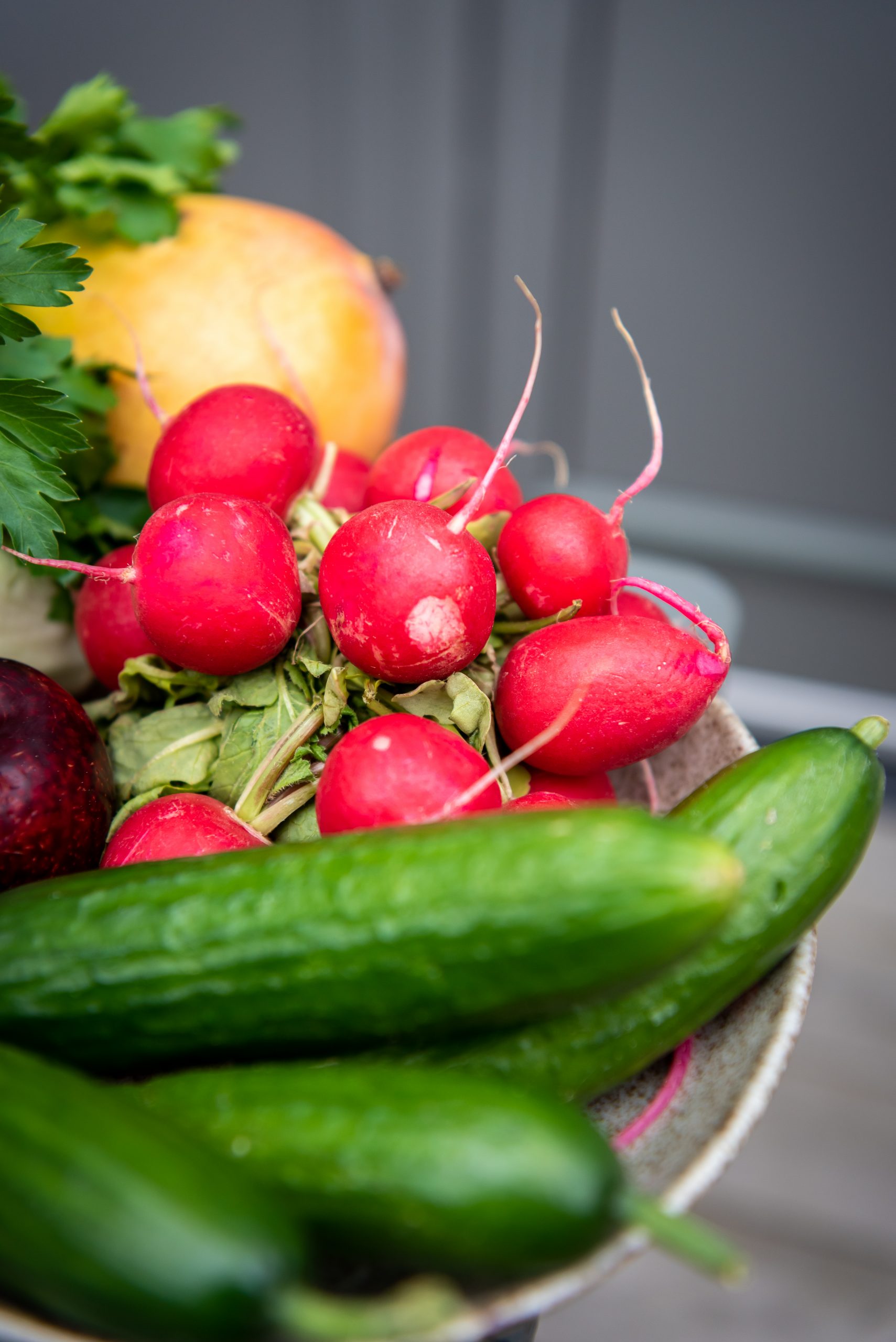
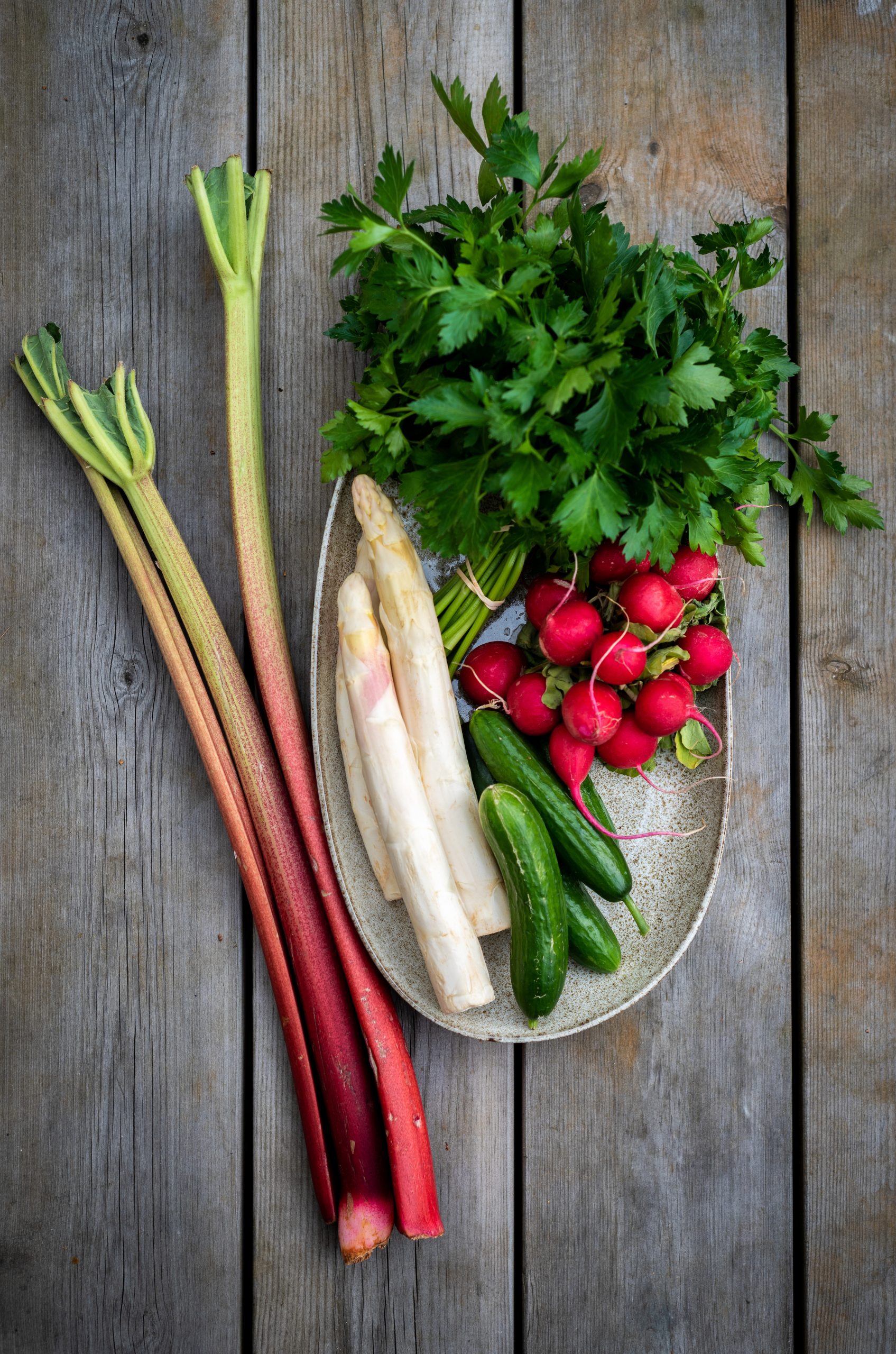


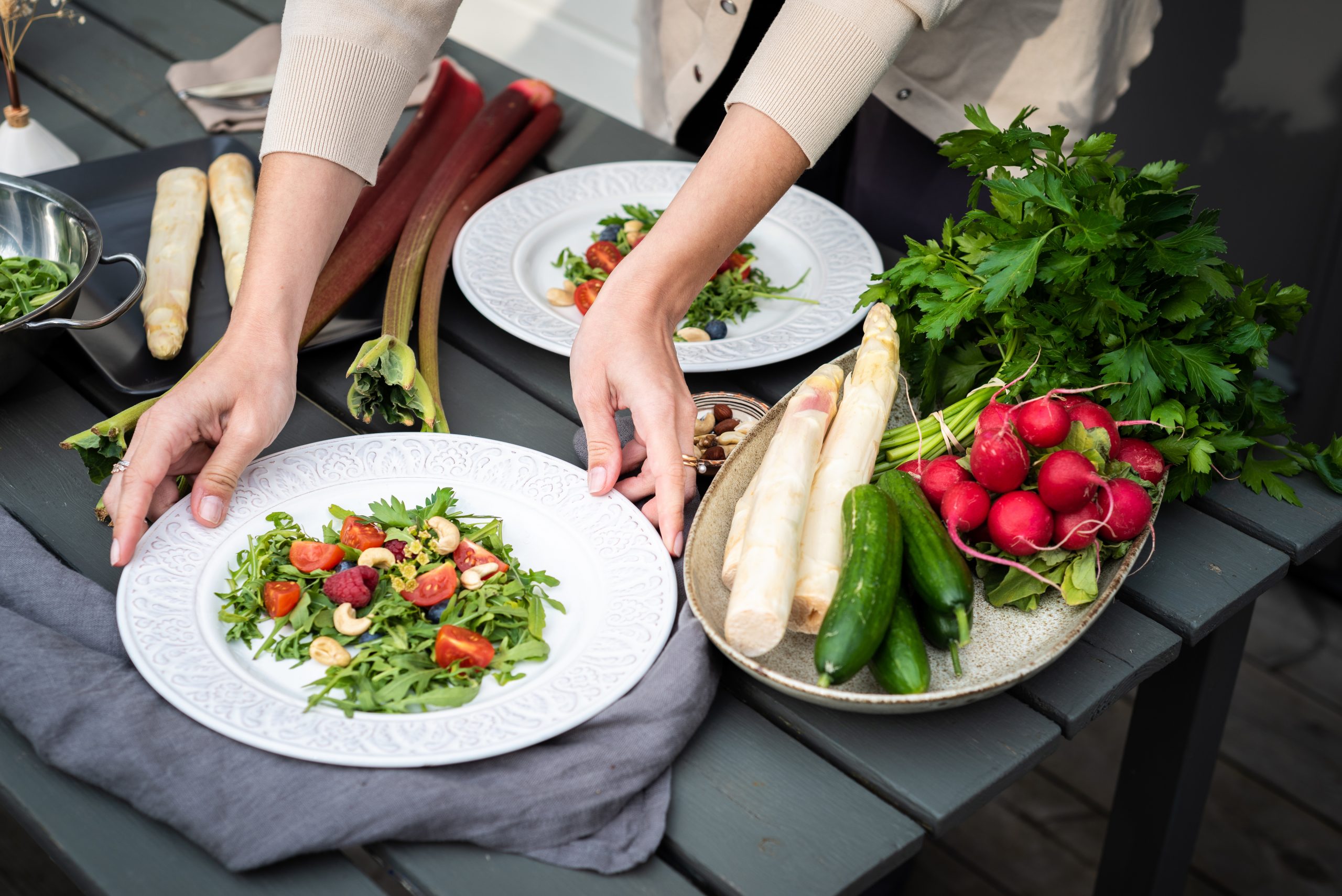
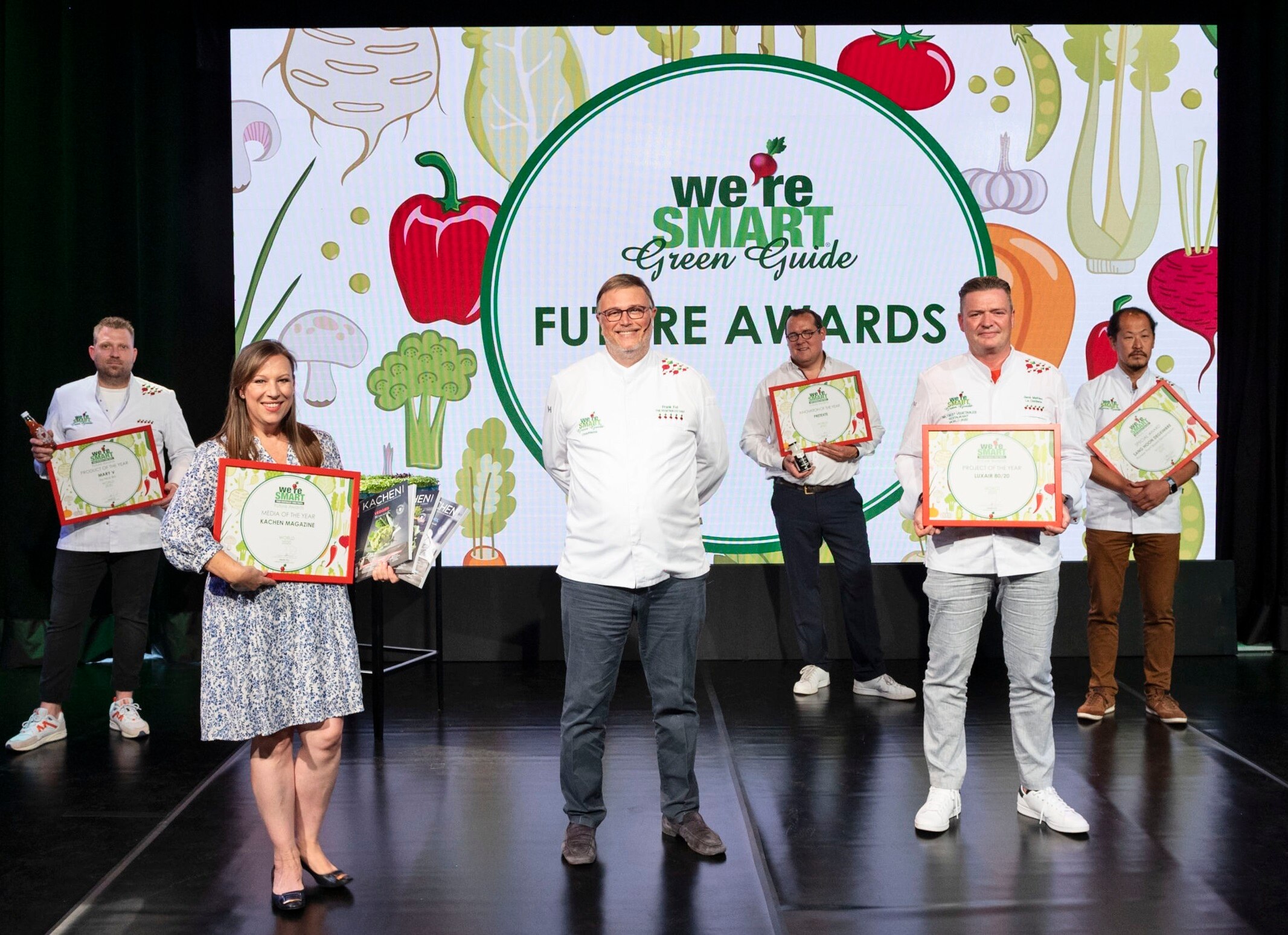
 He owns the trademark to his alter ego, The Vegetable Chef® and rightly so. Because this
He owns the trademark to his alter ego, The Vegetable Chef® and rightly so. Because this 